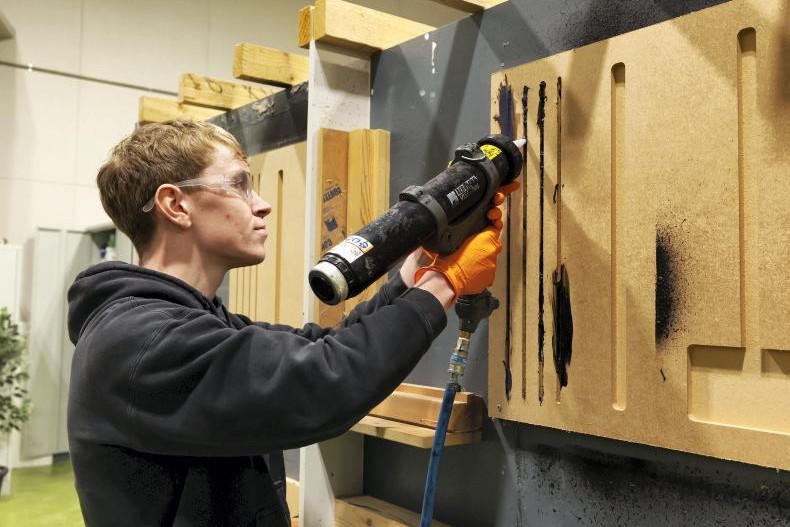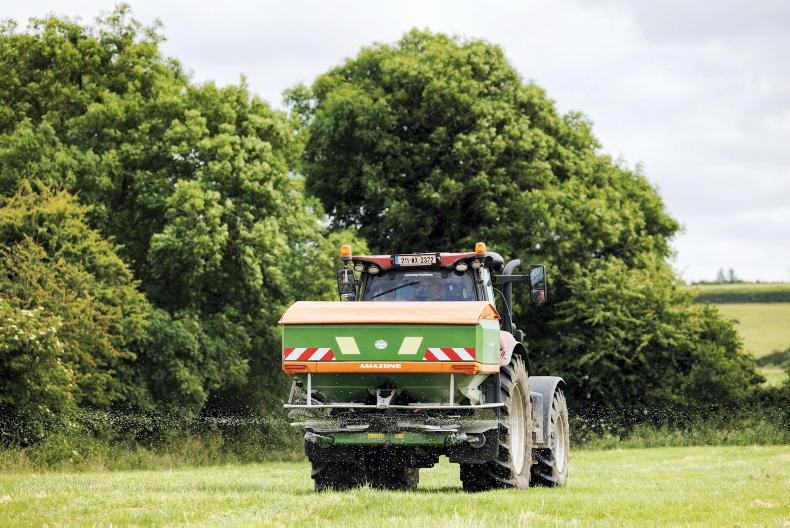Irish governments have long preferred targets to policies: targets can be lofty and inspiring and failure to deliver blamed on uncontrollable circumstances. Quickly forgotten, they can be replaced with fresh targets. Policies must be announced, defended and implemented in the here and now.
Actual policies, especially increases in taxes or charges, or new cost impositions, tend to upset voters and will be remembered. Should voters get too grumpy, policies can get diluted, as with property tax, or abandoned altogether, as happened to urban water charges.
Ireland, along with most other developed countries, has had targets around climate policy for decades, including emissions limits which have been exceeded by large margins.
No developed country has ever achieved emissions reductions so rapidly and several have failed to reduce emissions at all
The Climate Change Advisory Council (CCAC) has been charged with identifying, for the two five-year periods to 2030, national emissions targets consistent with an overall reduction of 51% by that date. No developed country has ever achieved emissions reductions so rapidly and several have failed to reduce emissions at all.
Every effort since the Kyoto agreement of the 1990s to contain worldwide emissions has set ambitious targets and fallen well short.
Once the Government has considered the output of the CCAC’s deliberations, it will allocate the national reduction figures by economic sector.
Unfortunately, emissions from power generation are rising this year
Weekend revelations by the Irish Farmers Journal show that the electricity sector will be expected to cut emissions by about 75% inside 10 years.
Unfortunately, emissions from power generation are rising this year, so there will be just nine years left to deliver a somewhat larger cut. The Government is also well disposed to accommodating more data centres.
According to Jim Gannon of the Commission for the Regulation of Utilities (CRU), data centres which build their own on-site gas-fired units will continue to get the nod, adding to national emissions and to gas demand.
As revealed by this newspaper, agriculture needs to cut emissions by up to 30%, transport and the heating of buildings around 50% each and carbon-intensive industry about 45%
Supply from the Corrib field is running down, there is no gas storage, a ban on gas exploration, reliance on gas interconnection only to Britain where supply is tight, and politicians are opposed to building a terminal here to import liquefied natural gas. The CRU is responsible for gas supply, an urgent priority.
As revealed by this newspaper, agriculture needs to cut emissions by up to 30%, transport and the heating of buildings around 50% each and carbon-intensive industry about 45%.
Sinn Féin TD Martin Kenny suggested on RTÉ last weekend that householders will need €15,000 subventions, plus some of their own money, to pay for retrofitting
These targets will be enunciated by Government and there are no convincing measures in place, with the sole exception of the carbon tax commitment, to convert the targets into a policy.
On buildings alone, over two million will need better insulation and heat pumps. Sinn Féin TD Martin Kenny suggested on RTÉ last weekend that householders will need €15,000 subventions, plus some of their own money, to pay for retrofitting. He was not asked to multiply €15,000 by two million. Try it.
If the COP 26 summit, which convenes at the end of next week, meets the expectations of environmental campaigners, countries around the world will follow the European Union in setting enforceable emissions ceilings, territory by territory. This is highly unlikely.
Europe has taken climate policy more seriously than other regions and EU countries have done more to control emissions
Countries will urge one another to adopt self-enforced, and very ambitious, climate pledges. On past form, they will disagree and the world does not have a single enforcement authority even if they did. But failure to agree on territorial emissions limits should be welcomed, since the policy makes no economic sense, not even within the EU.
Europe has taken climate policy more seriously than other regions and EU countries have done more to control emissions. But the policy design is flawed.
The planet has 200 countries but just one atmosphere, threatened equally by each tonne of emissions wherever they occur.
The optimal policy is to locate the reductions wherever the economic costs are lowest and the simplest way to achieve that end is to pursue an equal tax on carbon emissions everywhere.
There are subsidies to fossil fuels in both production and consumption in many jurisdictions, including examples in countries which also levy selective carbon taxes
A super-intelligent race of aliens from a more advanced planet, should they be kind enough to colonise this one, would quickly conclude that 200 governments convening in Glasgow is 199 too many.
Carbon taxes and charges vary enormously where they are levied at all, from zero or just a few dollars per tonne in many countries to $50 and more, not uniformly applied, in a handful.
There are subsidies to fossil fuels in both production and consumption in many jurisdictions, including examples in countries which also levy selective carbon taxes. If the intelligent aliens tune in to the squabbling in Glasgow, they might abandon the colonisation project altogether.
Ireland has just one serious national policy to curb carbon emissions – the commitment to raise the carbon tax to €100/t by 2030. This policy, to be credited to the Green party, deserves support from all sides, including farming. The expansion of the electricity export industry, aka data centres, is a threat to every other sector.








SHARING OPTIONS